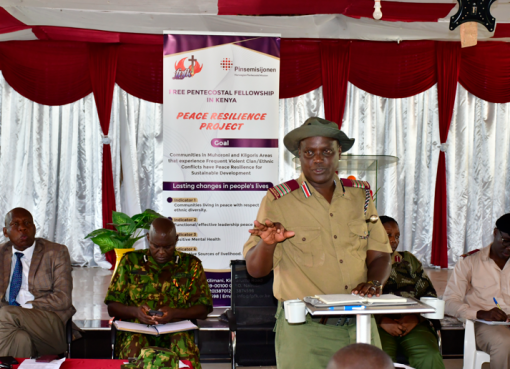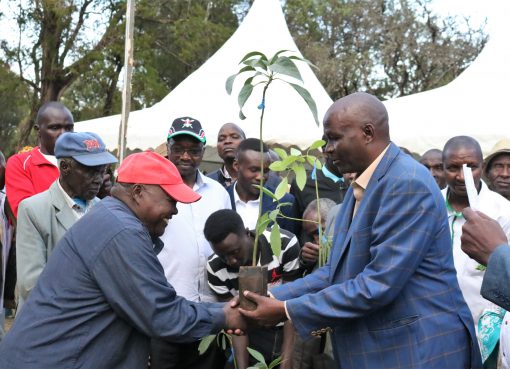A Sh1.2 billion textile technology factory, which has been under construction at the Kisumu National Polytechnic, is set to be commissioned to develop skills and competencies to drive the sector.
The facility funded by the World Bank (WB) through the EAST Africa Skills for Transformation and Regional Integration Project (EASTRIP) targets to develop the regional textile industry through the provision of high-quality training, problem solving, research, innovation, and technology transfer.

Kisumu National Polytechnic Chief Principal Catherine Kelonye said construction work was at 85% completion, adding that the contractor was expected to finalise and hand over the site by the end of this financial year.
Part of the modern equipment sourced from China and India, she said, has already been received at the institution and will be installed ahead of the commissioning of the facility in July.
Kisumu National Polytechnic, she added, has developed the relevant curriculum, with the institution set to roll out eight textile technology programmes in May this year.
The State Department for Technical and Vocational Education Training (TVET), she said, has already posted trainers for the programmes, which she added were set to revolutionise the textiles industry in the country.
This development, she said, makes Kisumu National Polytechnic as the only institution in the country with a learning industry, adding that learners will have hands-on training to prepare them for the job market.
“We are going to have a dual model, where the training will take place in class and at the industry on a 50-50 basis. Kisumu National Polytechnic is the only institution in the country with this model. We are also the only institution that is doing the curriculum and occupational standards under textile technology,” he said.
To scale up the training, Kisumu National Polytechnic, she said, has partnered with a number of institutions to roll out the programmes.
“All the other institutions will offer the course as per the programmes of Kisumu National Polytechnic. The certification will also be done by us,” she said.
The institution, she added, has also partnered with Rivatex, Spin-Knit, Thika Mills, and the Kenya National Chamber of Commerce and Industry to create linkages with the industry.
She urged parents to take advantage and enrol their children in the course, adding that the training would open a world of opportunities for them.
“It is a very good course to take because we have a lot of opportunities locally and abroad. In China and India, where these machines have been sourced, we also have a lot of opportunities,” she said.
Kisumu National Polytechnic Council Chairman Eng. Meshack Kidenda said the industry will be a game changer for the local textiles industry.
Learners, he said, will be able to be taken through the process of turning raw cotton into fabrics alongside other value chains in the sector.
“This is a teaching and learning factory. Learners will put theory into practice by having cotton on one end and fabric on the other end,” he said.
Eng. Kidenda urged farmers in the country to take advantage of the initiative and go back to cotton farming to reap the benefits.
“We are sensitising farmers to go back to cotton farming. We are also working with the county governments and the Lake Basin Development Authority (LBDA) to ensure that we scale up production. The factory we have here will buy part of what they produce and use it,” he said.
By Chris Mahandara





